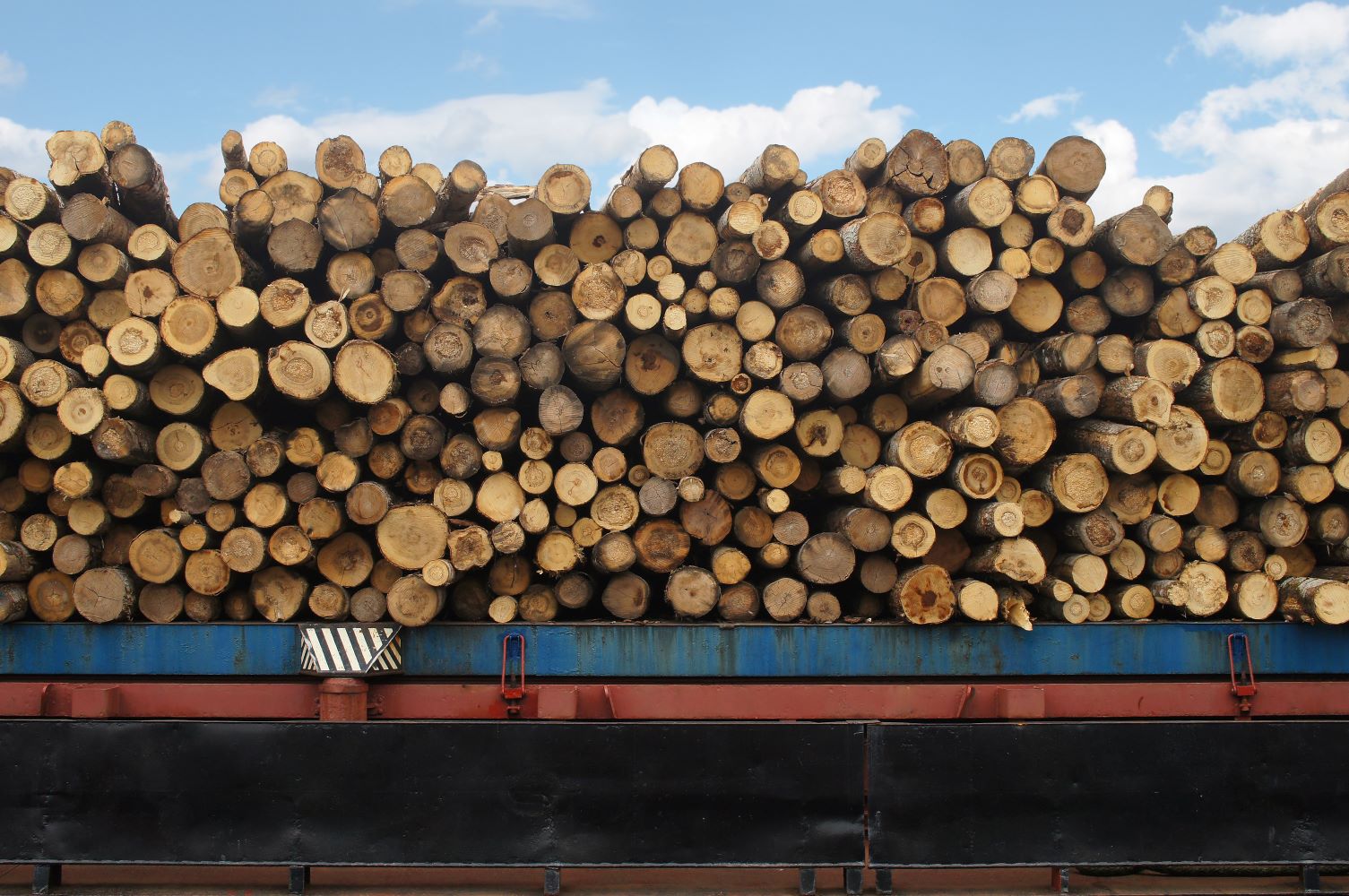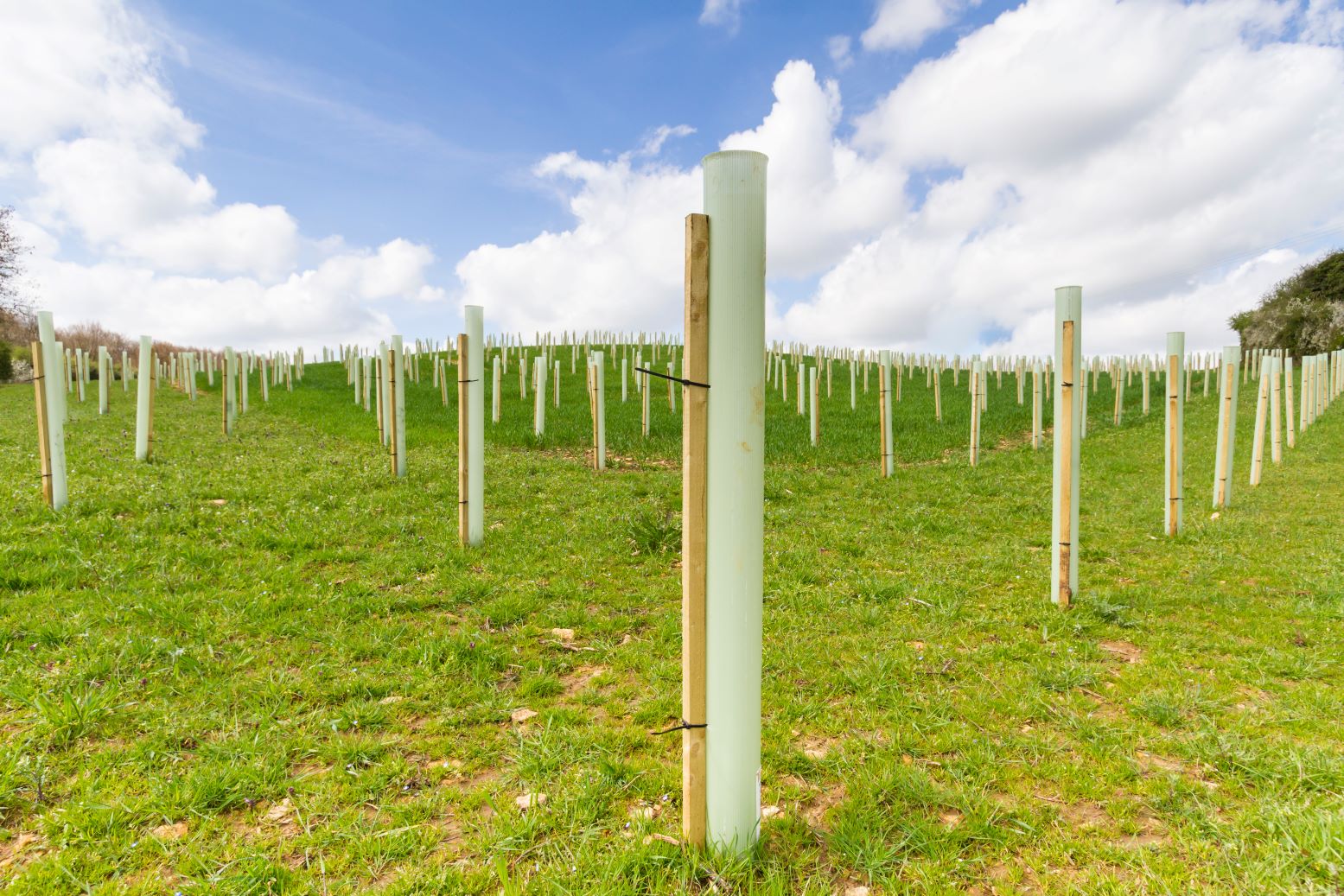Government eradication successfully prevents tree pest from posing major threat
5 September 2025
June 2024 began the saga of the eight-toothed spruce bark beetle (Ips typographus) when the government issued a warning to remove any storm-damaged trees to prevent the spread. Shortly after this, in August 2024, the beetle was spotted on Sitka spruce for the first time in the UK, leading to a ban on planting across a large area of England. Since then, stakeholders across the sector have been remaining vigilant and employing preventative measures as the Forestry Commission have been working to prevent further spread.
Now a new update has been released, confirming that all 13 outbreak sites have been eradicated, following intensive monitoring and surveillance by the Forestry Commission and Forest Research.
Successful measures
The Forestry Commission’s eradication programme involved the removal of any susceptible spruce, movement restrictions across the demarcated area, and vigilant ongoing surveillance to prevent any breeding beetles from establishing. Monitoring across the 13 sites where the tree pest was first identified in 2021 has now confirmed, over a year after government warnings began, that there is no ongoing presence of Ips typographus.
This success demonstrates the importance of vigilant preventative measures, clear communication to stakeholders in the region, and effective operational measures.
Minimised risk, but remain vigilant
Despite this progress, the risk of establishment is not over. If left unmanaged, the beetle could threaten 725,000 hectares of spruce across Great Britain – an estimated value of £2.9 billion.
The success of the eradication has come from ongoing work across the industry, and best practices followed by landowners across the demarcated area. A small number were identified in Lincolnshire in July during routine surveillance, and as current evidence suggests the beetle can fly across from mainland Europe best practices should be followed to prevent establishment.
Warm weather conditions and extreme weather events increase the risk of establishment and spread, as stressed trees are more vulnerable to pests and diseases – including the bark beetle. Woodland managers, landowners, and the wider forestry sector are urged to continue their vigiliance, comply with any restrictions, and report any suspected sightings via Tree Alert.
New support and monitoring initiatives
Several initiatives are underway to continue the successful defense against Ips typographus:
- Spruce Site Assessment grants will launch later this year to help landowners identify and remove any susceptible spruce.
- Forest Research, Forestry Commission, and the Sylva Foundation are running a national monitoring project to develop an early warning system, and volunteers are being sought to help increase the breadth of this system.
- Defra will host a workshop later this year to encourage further collaboration with the international plant health community to find new ways to manage the tree pest.
Keep up to date on the latest Woodsure updates through our news pages or follow us on social.



